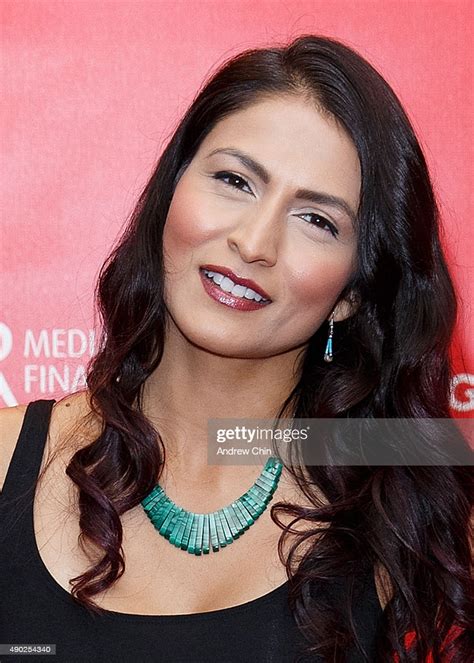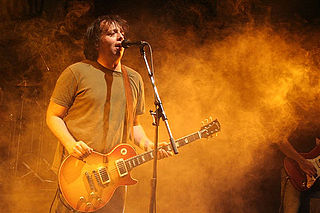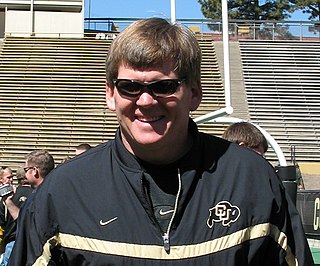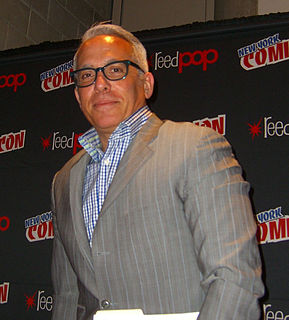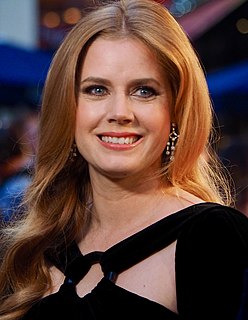A Quote by Robert Eggers
Basically, I had a hard time getting anyone to want to make any of the features that I had written.
Related Quotes
By the time I was doing "Kill Bill," it was so much filled with prose that, you know, I start seeing why people write a screenplay and make it more like a blueprint, because basically I had written - in "Kill Bill," I had basically written a novel, and basically every day I was adapting my novel to the screen on the fly, you know, on my feet.
he first make-up crew had three test runs, so by the time we were shooting, they got it down to three hours. They switched make-up crews for Eclipse and they never had any test runs, and they had to figure out what the other team had done, so the first day, I was in the chair for eight hours. But, they adjusted the scar from New Moon to Eclipse. The first time, there was more pullage on my face, so I had a hard time eating. It didn't hurt, but it was uncomfortable.
It's so funny. I honestly thought every one of those people on the show could beat anyone at any time anywhere. You just have to have a slightly off day or moment or two or you missed a touch of acid. It has nothing to do with credentials. Anyone could've chopped anyone at any time. I had to look at myself as the one who could lose this the most.
This as hard an R as we wrote in the beginning. It was fast. It was fast mainly because of De Luca. We came in with De Luca. Nic I think had a deal with Millennium and so we ended up with Millennium quickly and they said, 'Go make the movie that you want to make. Basically, here are the ground rules; stay within the budget, stay within the time and go make your movie.'
I have no objection to well-written romance, but I'd read enough of it to know that that's not what I had written. I also knew that if it was sold as romance I'd never be reviewed by the 'New York Times' or any other literarily respectable newspaper - which is basically true, although the 'Washington Post' did get round to me eventually.




